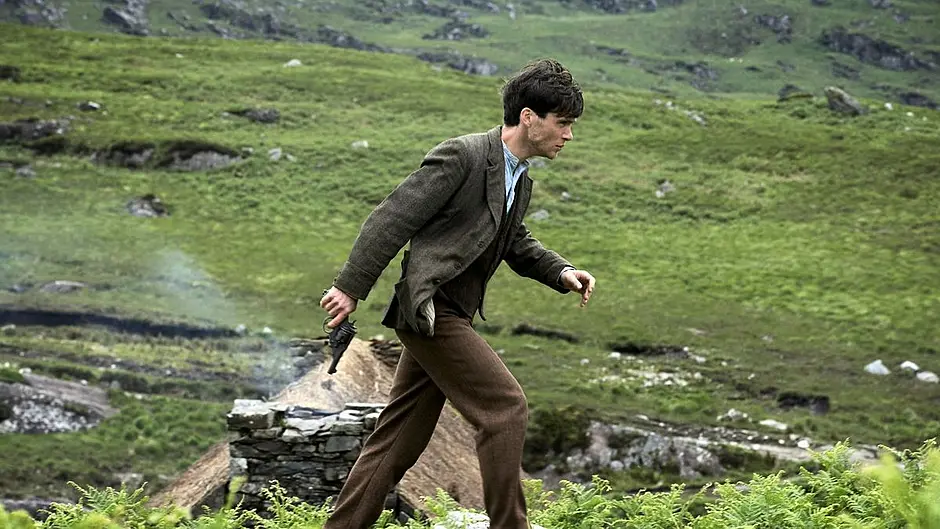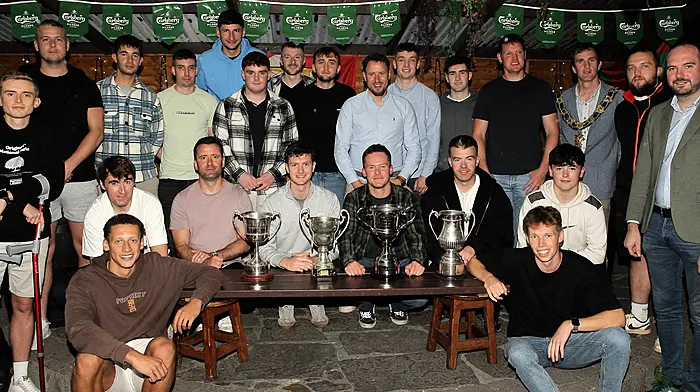As part of a new series The Southern Star's resident film buff Dylan Mangan is revisiting some classic films that were set in or are heavily influenced by the great county of Cork. First up is The Wind that Shakes the Barley (2006), directed by Ken Loach
When it was first released in 2006, The Wind That Shakes The Barley caused a bit of a stir across the Irish Sea. Sections of the British media were up in arms – one highlight being a certain columnist asking why English director Ken Loach ‘hates his country’.
The film was – in most other parts – well-received, and 14 years on it remains a powerful watch, both in its simplicity and the fact it is unwilling to shy away from the brutal nature of the War of Independence and subsequent Civil War.
For the uninitiated: Damien and Teddy O’Donovan (Cillian Murphy and Padraic Delaney) are two brothers who join the Irish Republican Army to fight for Irish independence, and who later on find themselves either side of the Civil War that broke out following the signature of the Anglo-Irish Treaty.
Winner of the coveted Cannes Palm D’Or, the film is bleak and uncompromising in both substance and style. Nothing is spoon fed, and everything focuses on the human experience of those involved – in typical Ken Loach fashion. While the story itself is fiction, there is a real feeling of truth in the experiences it shows.
In the opening, British soldiers attack and beat to death a 17 year old for refusing to say his name in English. Damien only decides to stay and fight after he witnesses British soldiers beat train officials on the platform. These kinds of things did happen.
There are very few close-ups, with the director preferring to set up the camera away from the action and get out of the actors way.
In doing so, and by working with many non-professionals, the film feels authentic. There is an unpolished nature to parts of the film, with big moments downplayed, rather than over-performed for the cameras.
Actors are allowed to fumble a word in their big speech, or stutter for a second – in different hands these scenes might have ended up feeling contrived.
The real genius of the film is how effectively it portrays the importance of the time in Irish history, and what the people who fought for independence put on the line.
Watching it reminds you of the gravity of the time – and for those of us with an Irish perspective, the real drama comes not from the portrayal of British brutality, but in the emotional impact of the conflicts that emerge between revolutionaries.
As Damien says after he executes a traitor: ‘I hope this Ireland we’re fighting for is worth it.’
Reading old reviews for the film is quite revealing of the British attitude towards Ireland, and one can’t help but draw comparisons to conversations had in recent years across the water about Brexit and the NI protocol.
If there’s one lesson detractors can take from this film, it’s that these are very real issues to us in Ireland.
Read Dylan Mangan's review of the new Elvis movie here.






